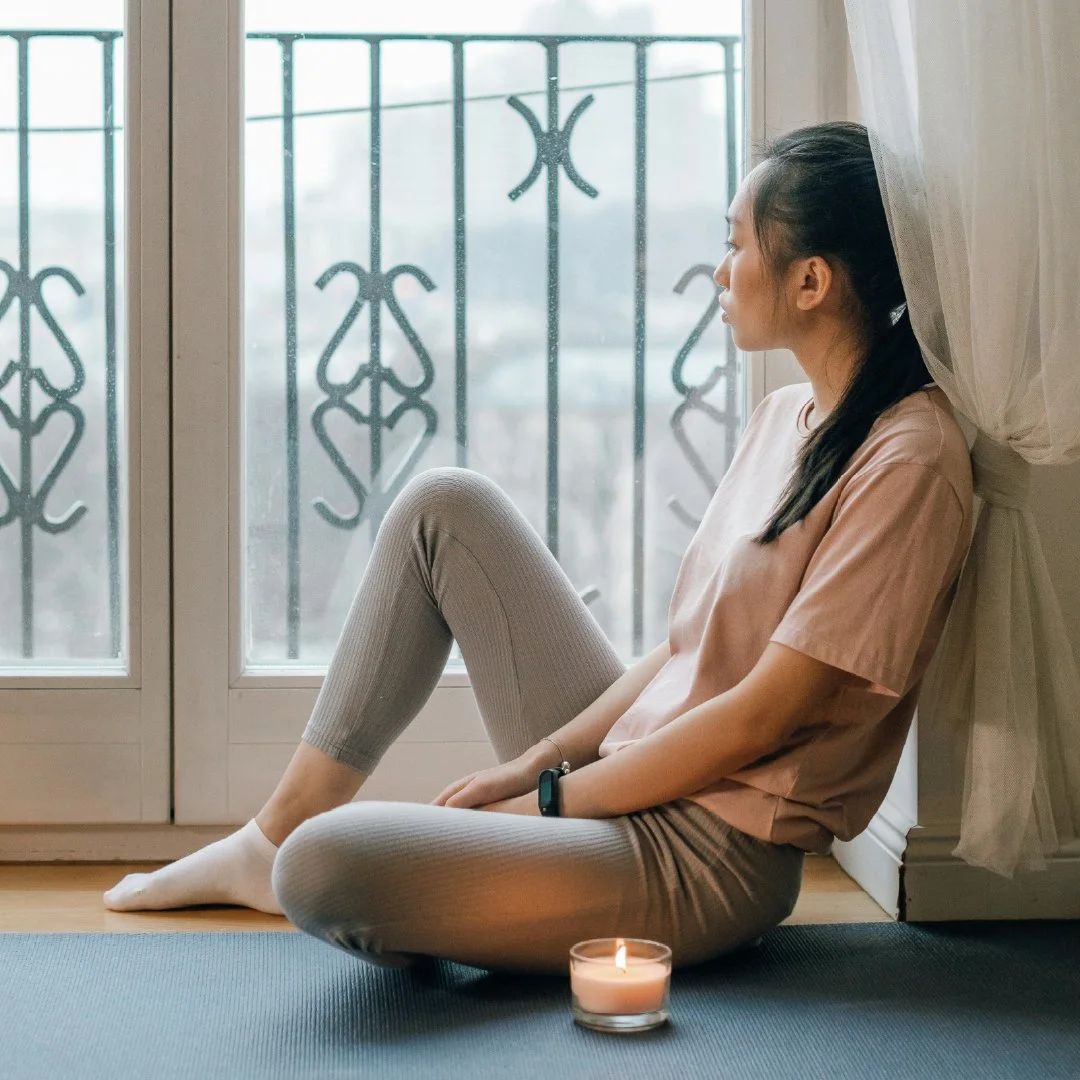True Grace Is Found After the Fall
We tend to picture grace as something quiet, gentle what arrives when everything is under control. But in my experience, grace is much messier and more honest. The truth is, grace rarely shows up when life feels seamless or flawless. Instead, it comes after the fall—after the harsh words you wish you could take back, after you’re left replaying a difficult choice, after a moment of regret that lingers longer than you’d like.
The world likes to praise strength and certainty, but real growth often happens when those things feel impossibly far away. It’s easy to talk about becoming better when your path is straight and clear. What about when you’re sitting alone with the fallout, feeling heavy, raw, exposed—wondering if you’ll ever shake the sense of having let yourself down? That’s where grace quietly steps in, without fanfare.
Grace doesn’t insist you skip over what’s hard. It doesn’t demand a quick lesson or an immediate bounce back. Instead, it waits in the pause—after the mistake, in the aftermath of what you wish hadn’t happened. Maybe it shows up while you’re washing your face after a cry or staring at the ceiling, unsure of what comes next. Grace, in its truest form, isn’t about sidestepping failure. It’s about facing it head-on and deciding that your missteps don’t mean you’ve come undone for good.
For a long time, I believed that asking for time to recover meant I was fragile. I’ve learned that offering yourself that grace is both an act of courage and a form of resilience. Sometimes, grace is the quiet choice to stop piling on self-blame and simply let yourself rest. It’s giving yourself permission to not have all the answers, to pause, to admit that carrying on is hard and that’s okay. There is strength in softness, in letting down your guard and choosing self-compassion, even when your inner critic wants to take over.
Grace isn’t a public spectacle—it lives in private moments of acceptance. It’s the small, often invisible, decisions to keep moving forward: the slow walk back from disappointment, the willingness to try again, however tentatively. If you’ve fallen, you’re not alone. All of us are just figuring it out, learning by stumbling, failing, and rising—again and again.
The rising after a fall isn’t always triumphant or transformative. Sometimes it looks like taking one small breath, treating yourself with kindness, and acknowledging that healing is not a performance. Maybe it’s sending a heartfelt apology, asking for support, or simply reminding yourself that everyone struggles. Grace is the thing that lets you get up quietly—without drama or declarations—and begin again, even if beginning feels daunting.
True grace is forged in discomfort and self-forgiveness. Each time I’ve let myself rest in that pause—without demanding clarity or rushing to fix everything—I’ve found a little more strength. Not the kind that’s rigid or untouchable, but the kind that bends, that learns, that patiently teaches you a gentler way to move forward.
If you’re picking yourself up after a fall, remember: your worth was never in the perfection, but in your willingness to keep showing up, with honesty and care. Maybe the rising isn’t about becoming someone new; maybe it’s about remembering you are already enough as you are, especially in your most human moments.
That, I’ve come to believe, is where true grace is found—not in avoiding the fall, but in how we choose to rise, for ourselves, every single time.




